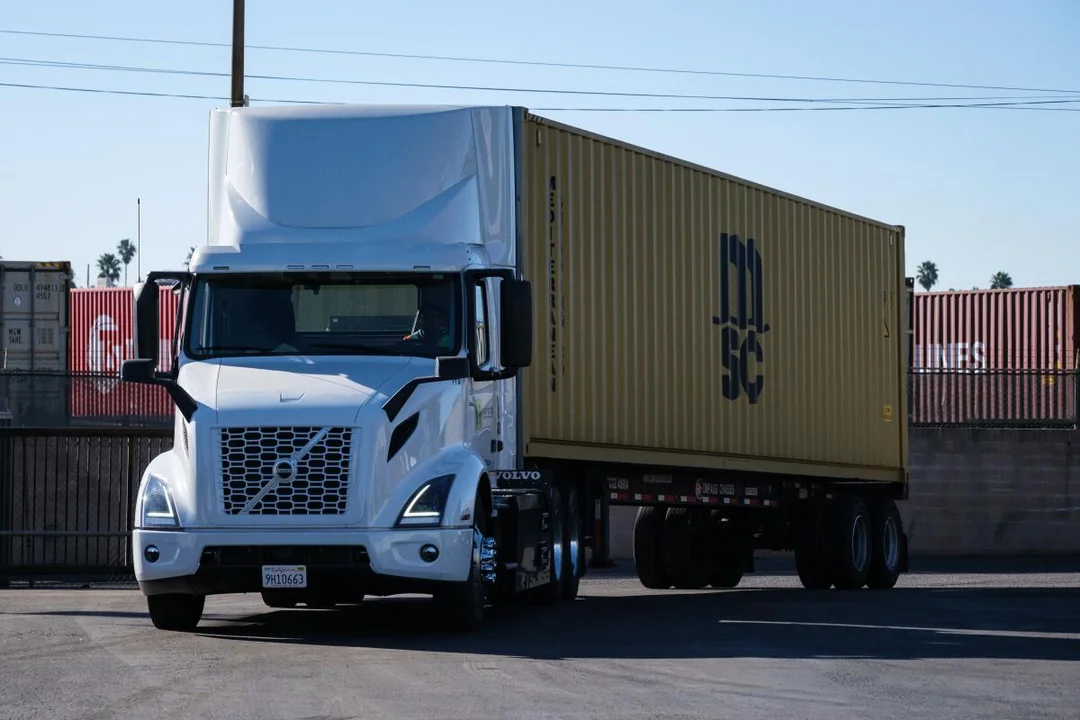
Is Federal Funding the Next Battlefield in Immigration Wars?
In a bold clash of federal power and state rights, attorneys general from across the United States are mounting legal challenges against the Trump administration's attempt to tie billions in federal grants to stringent immigration enforcement. This escalating dispute raises critical questions about the limits of presidential authority and the potential risks to public safety and infrastructure funding.
The core of the controversy centers on recent executive actions from the Trump administration, which seek to withhold transportation and homeland security funds from states deemed "sanctuary" jurisdictions. These policies, critics argue, coerce states into aligning with federal immigration priorities, potentially at the expense of vital services. California Attorney General Rob Bonta, leading the charge, described the move as an unlawful power grab, stating, "President Trump can’t use these funds as his bargaining chip. This is our money, and the money of other states, that he’s holding hostage for his own unlawful gain."

New York Attorney General Letitia James, joined by 19 other states, has filed similar lawsuits against the Departments of Homeland Security (DHS) and Transportation (DOT). The suits claim that imposing conditions on grants for emergency preparedness and infrastructure projects exceeds legal bounds. James emphasized the stakes, saying, "DHS is holding states hostage by forcing them to choose between disaster preparedness and enabling the administration’s illegal and chaotic immigration agenda." This rhetoric highlights a broader concern: states like New York and California could lose billions, affecting everything from road maintenance to hurricane response.
Comparatively, during Trump’s first term, California enacted the California Values Act, a sanctuary law that limited local cooperation with federal immigration efforts. Now, with potential cuts looming, states argue that such policies infringe on constitutional principles, including the 10th Amendment's protection of state rights. Analysis of the lawsuits reveals a pattern of retaliation; for instance, New Jersey Attorney General Matthew Platkin pointed to attempts to deport a domestic violence victim, illustrating how these measures might erode community trust and public safety.
Supporters of the administration, like DHS Assistant Secretary Tricia McLaughlin, defend the actions as necessary for national security. "Radical sanctuary politicians need to put the safety of the American people first—not criminal illegal aliens," she asserted. However, critics counter that this approach could lead to dire consequences, such as increased traffic accidents or weakened disaster responses, as outlined in the lawsuits. The Trump administration's broader immigration crackdown, including a 93% drop in border apprehensions, adds context, but at what cost to federal-state relations?

This legal battle not only underscores tensions between federal mandates and state autonomy but also invites scrutiny of how immigration policy intersects with economic and safety priorities. With over 20 states involved, the outcomes could set precedents for future administrations.
In conclusion, these lawsuits highlight the high stakes of using federal funds as leverage in immigration enforcement, potentially jeopardizing essential services for millions. What does this mean for the balance of power in America? As debates intensify, we encourage readers to share their thoughts: Should states have the final say on immigration cooperation, or is federal oversight essential? Leave a comment below and help shape the conversation.